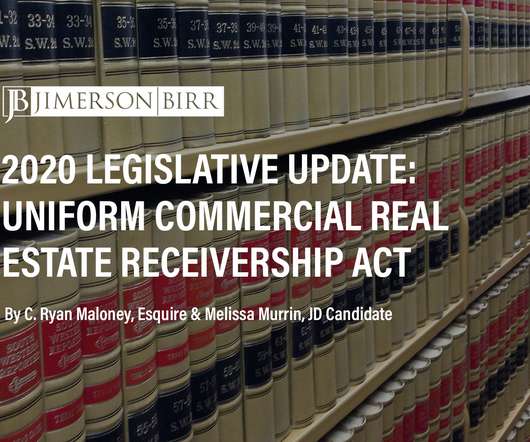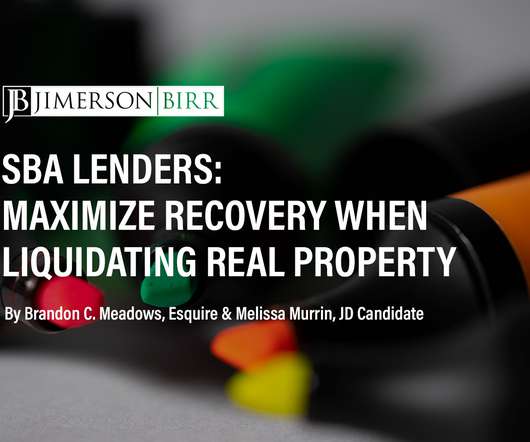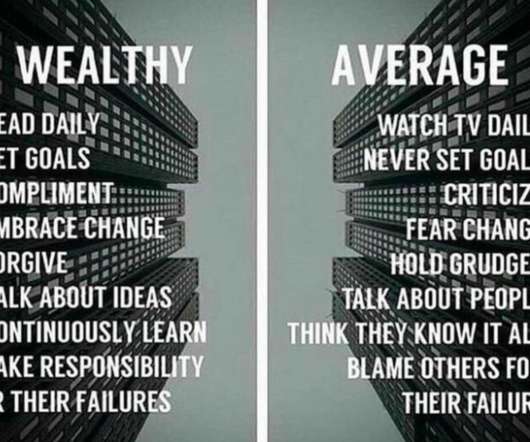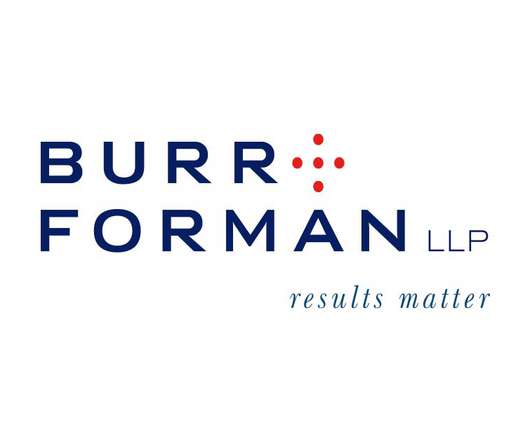Supreme Court Expands Creditors’ by Allowing Denial of a Discharge Under Sec. 523(a)(2)(A) if Debtor Transfers Assets in Violation of State Fraudulent Transfer Statute
The Creditors Rights
JUNE 21, 2016
Section 523(a)(2)(A) of the Bankruptcy Code allows a creditor to obtain a judgment denying its debtor a discharge of debts incurred by false pretenses or actual fraud. The Court further noted that fraudulent conveyances at common law did not require a misrepresentation by a debtor to his creditor.

















Let's personalize your content